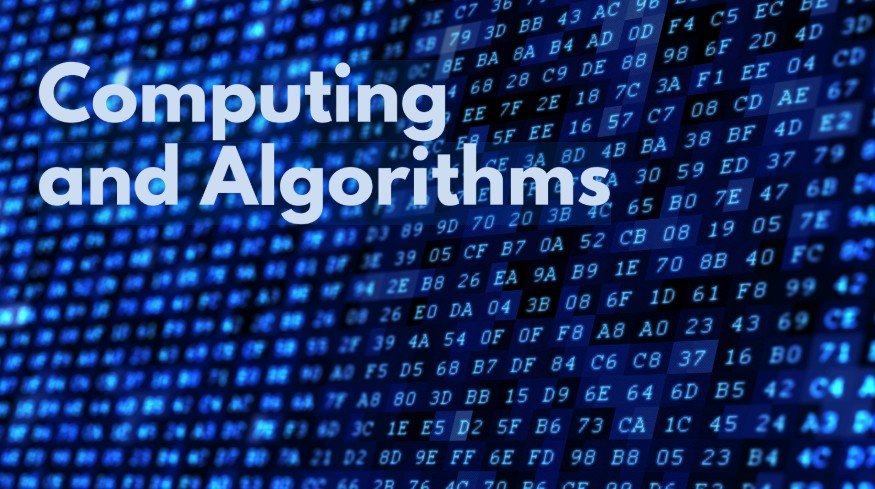Here is the article reformatted into clear paragraphs:
NIST Researchers Revolutionize the Atomic Force Microscope | NIST
NIST researchers have made a groundbreaking advancement in atomic force microscopy (AFM) technology. They have developed a new method that allows the AFM to operate at much higher speeds while maintaining its high-resolution imaging capabilities. This breakthrough could revolutionize the field of nanoscale imaging and measurement.
The new technique, called “high-speed atomic force microscopy” (HS-AFM), enables the AFM to capture images at a rate of 100 frames per second, which is 100 times faster than conventional AFMs. This speed is achieved by using a novel feedback mechanism that compensates for the cantilever’s motion in real-time. The researchers have demonstrated the effectiveness of HS-AFM by imaging the dynamic behavior of individual molecules and the movement of individual atoms on a surface.
The development of HS-AFM has the potential to greatly expand the applications of atomic force microscopy. It could enable real-time observation of biological processes, such as protein folding and membrane dynamics, at the molecular level. Additionally, HS-AFM could be used to study the behavior of materials under various conditions, such as temperature and pressure, at the nanoscale.
The researchers believe that HS-AFM could be commercialized within the next few years. They are currently working on optimizing the technology and developing user-friendly software for data analysis. The development of HS-AFM could have a significant impact on the fields of nanotechnology, materials science, and biophysics, as it could enable researchers to study complex systems and processes at the nanoscale with unprecedented resolution and speed.
Source: https://www.nist.gov/news-events/news/2017/09/nist-researchers-revolutionize-atomic-force-microscope
Keywords: Superposition, Quantum state, Entanglement


